1. The Many Loves of Dobie Gillis
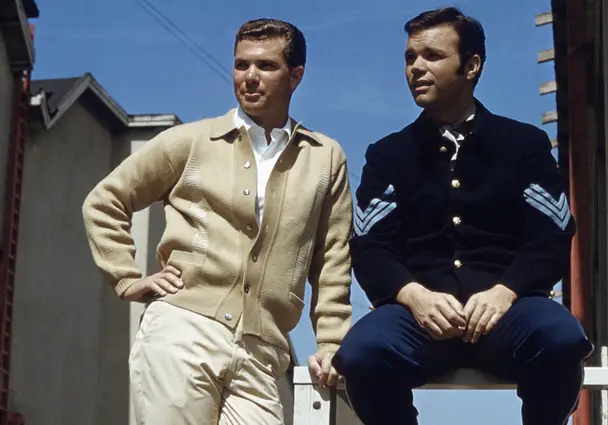
Dobie Gillis was just an average teenager trying to figure out life, love, and friendship, but the show had a sharp wit that made it stand out from other sitcoms of the time. Dwayne Hickman brought a kind of charm to Dobie that made audiences root for him, and of course, Bob Denver as his beatnik pal Maynard G. Krebs became unforgettable. The show captured the anxieties and humor of being young in the late ’50s and early ’60s. Despite its popularity, it never reached the same cultural status as some of its peers, and it was eventually canceled in 1963.
Its departure felt premature because it really reflected the generational shift just before the counterculture of the mid-’60s took hold. In many ways, it paved the way for teen-focused shows that came later, blending comedy with a sly commentary on youth culture. Fans who discovered it in reruns often wonder why it didn’t last longer. Dobie’s loves may have been many, but viewers’ love for the show was consistent, even after its cancellation.
2. Car 54, Where Are You?
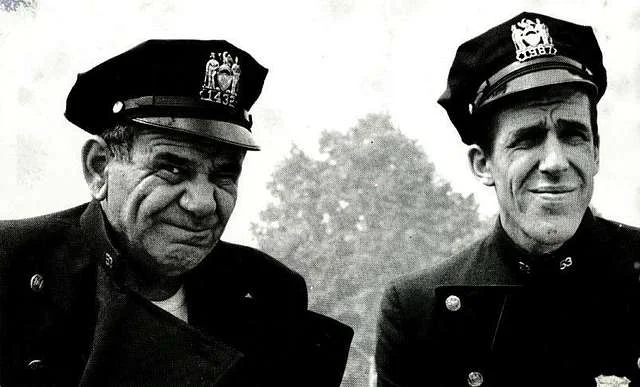
This quirky sitcom followed two bumbling New York police officers, played by Joe E. Ross and Fred Gwynne, who constantly found themselves in hilarious situations. The humor was offbeat, filled with absurd plots and a surprising amount of heart. It stood out from the typical family sitcoms that dominated the era, offering a completely different kind of comedy.
Unfortunately, the show ended in 1963 after only two seasons, leaving fans wishing for more. What makes it sting even more is how much talent was involved, including Al Lewis, who would later join Gwynne on The Munsters. It might not have been a huge ratings juggernaut, but it was innovative in its silliness. Its cancellation left a hole in the world of off-kilter comedy that wasn’t quite filled again until much later.
3. He & She
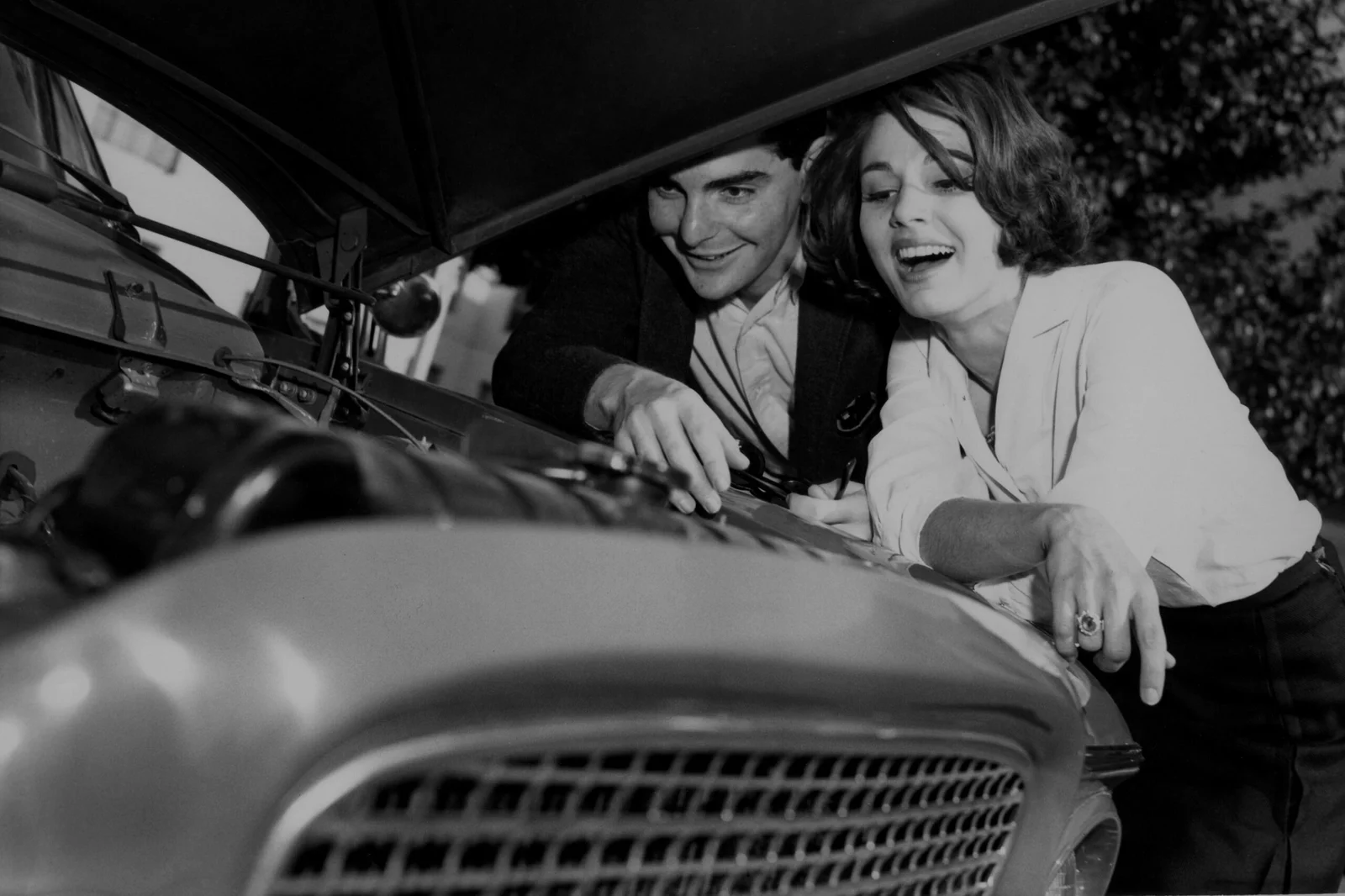
This smart sitcom premiered in 1967 and starred real-life couple Richard Benjamin and Paula Prentiss as a married pair living in New York. It was witty, sophisticated, and ahead of its time, often compared to shows like The Dick Van Dyke Show for its sharp writing and modern feel. Jack Cassidy stole scenes as their narcissistic neighbor, a TV star with an inflated ego, adding another layer of fun to the show.
Despite critical acclaim and an Emmy win for Cassidy, the series struggled in the ratings and was canceled after just one season. Many critics later cited it as a precursor to The Mary Tyler Moore Show with its mix of workplace and domestic comedy. Fans who discovered it later often marvel at how fresh and clever it feels, even decades later. It’s a classic case of a gem that audiences just didn’t appreciate enough while it was on.
4. The Tammy Grimes Show
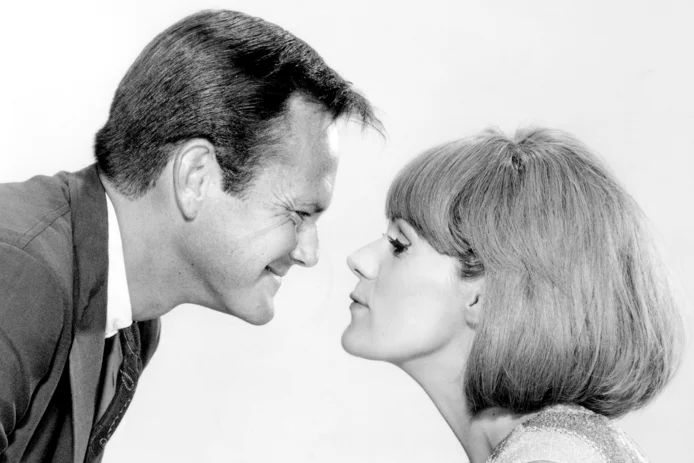
This 1966 sitcom starred Tammy Grimes as a wealthy, eccentric heiress who didn’t quite fit into the world around her. With her offbeat personality and sharp delivery, Grimes seemed poised to bring something truly fresh to the small screen. The show was meant to be an unconventional take on the sitcom format.
Instead, it barely got off the ground, canceled after just four episodes. That short run has made it almost legendary among TV buffs who love “what could have been” stories. Tammy Grimes herself went on to a successful career on stage and in film, but the show’s early end felt like a missed opportunity. It’s one of those rare series that vanished almost as soon as it appeared, but its cult status remains.
5. The New Phil Silvers Show
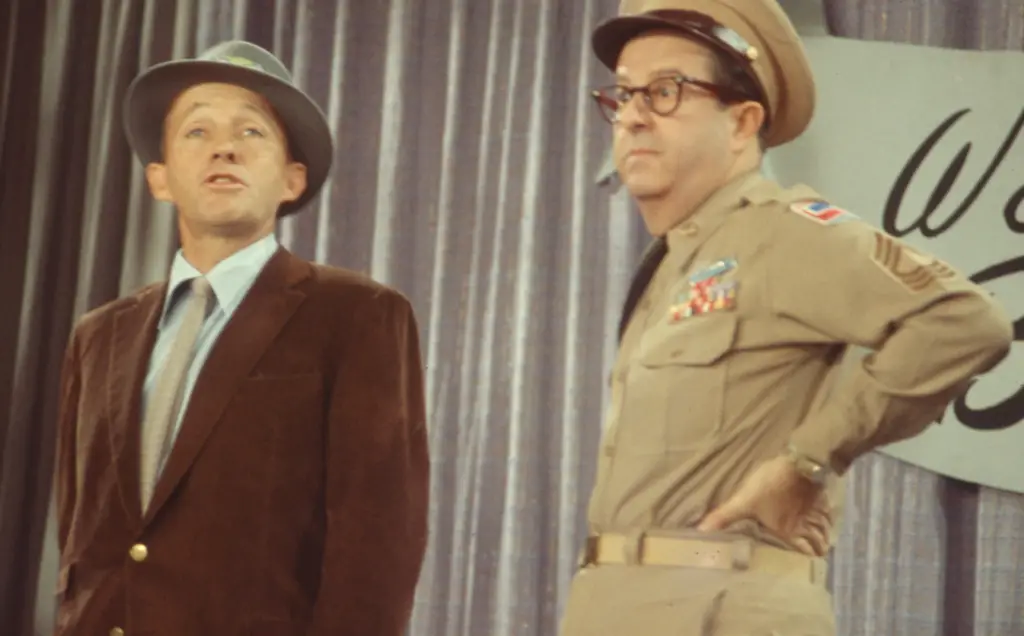
Phil Silvers had already struck gold with Sgt. Bilko in the ’50s, and CBS hoped to recapture that lightning in a bottle with this new series in 1963. This time, Silvers played Harry Grafton, a plant foreman with the same fast-talking, scheming ways audiences loved before. It seemed like a recipe for success.
But the audience didn’t quite connect with it, and the show was canceled after one season. Fans of Silvers argue that the writing and characterizations were sharp, but maybe the timing just wasn’t right. Sometimes audiences are ready to move on, no matter how talented the star is. Today, it’s remembered as a curious footnote in Silvers’ brilliant career.
6. The Judy Garland Show
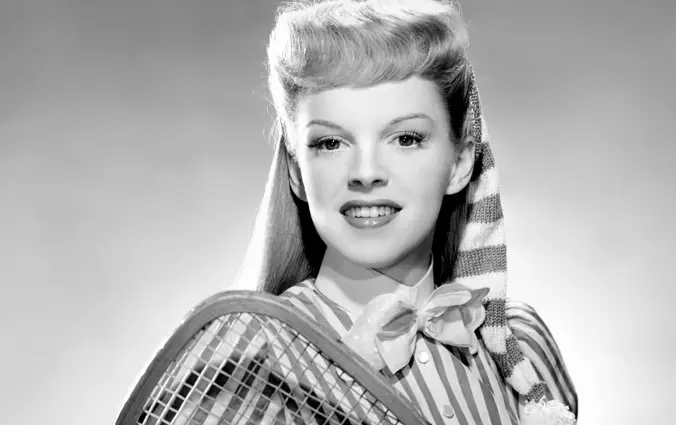
Judy Garland was one of the biggest stars of the 20th century, and CBS thought giving her a variety show in 1963 would be a smash. The show had everything: Judy’s powerhouse voice, her stage presence, and high-profile guest stars. When Garland sang, the screen practically glowed.
Unfortunately, the network meddled constantly, changing formats and directors, which undermined its potential. It lasted only one season before being canceled in 1964, a real shame considering the talent involved. Fans today often revisit the clips and marvel at what a gem it could have been if given stability. It’s a reminder that even legends sometimes weren’t enough to overcome behind-the-scenes chaos.
7. East Side/West Side
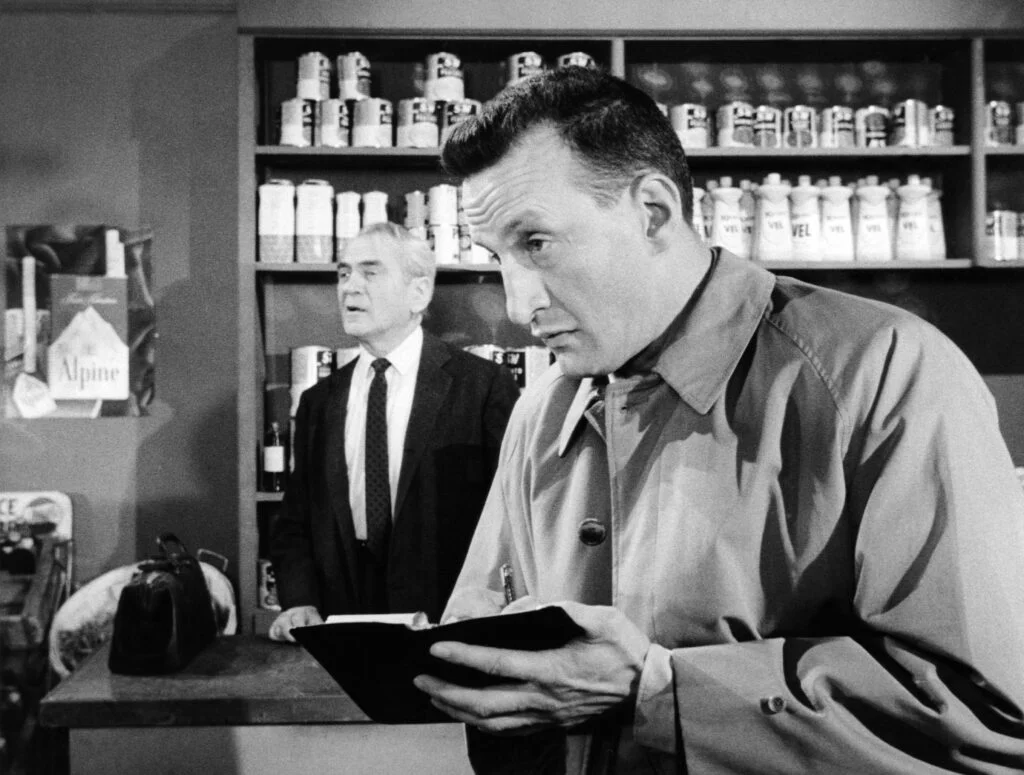
This 1963 CBS drama starring George C. Scott was way ahead of its time. The show tackled hard-hitting social issues like poverty, racism, and mental health, subjects rarely touched on in television back then. Scott played a social worker who faced these problems head-on, and the performances were gripping.
Viewers weren’t quite ready for such raw subject matter, though, and the ratings never took off. CBS canceled it after just one season in 1964. Critics loved it, and it has since been recognized as groundbreaking television. It’s one of those series that likely would have thrived in later decades, when audiences were more open to socially conscious storytelling.
8. Honey West
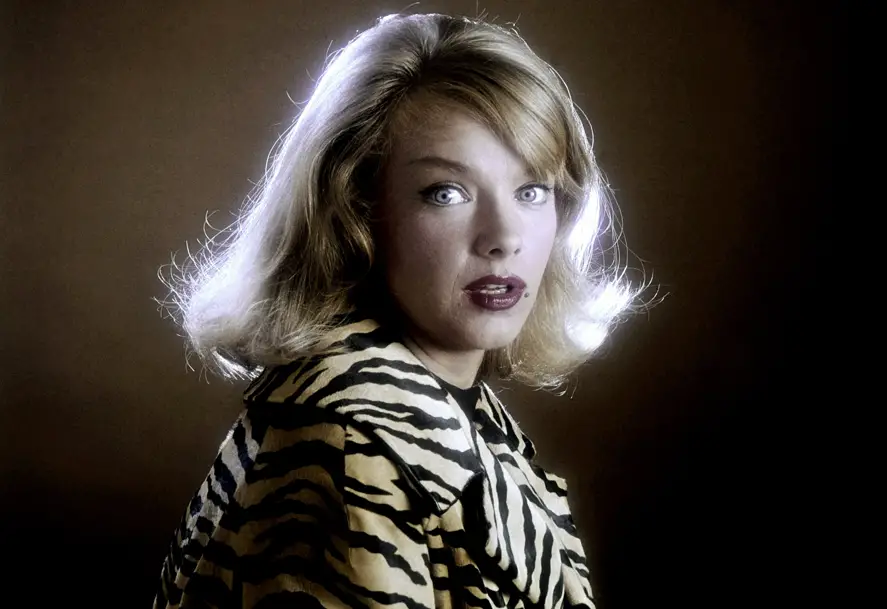
Anne Francis brought a tough, stylish edge to television as Honey West, a female private eye who could fight, spy, and charm her way through cases. The show, which aired from 1965 to 1966, was based on a popular book series and was one of the first American shows to feature a female action lead. Francis played her with confidence and wit, making Honey an instant icon.
Despite the praise, ABC canceled it after just one season, reportedly because it was cheaper to import The Avengers from the UK. Fans were disappointed, as it felt like a step forward for women on TV that ended too abruptly. Today, Anne Francis as Honey West is remembered as a trailblazer, even if the show itself didn’t get the long run it deserved.
9. Gidget
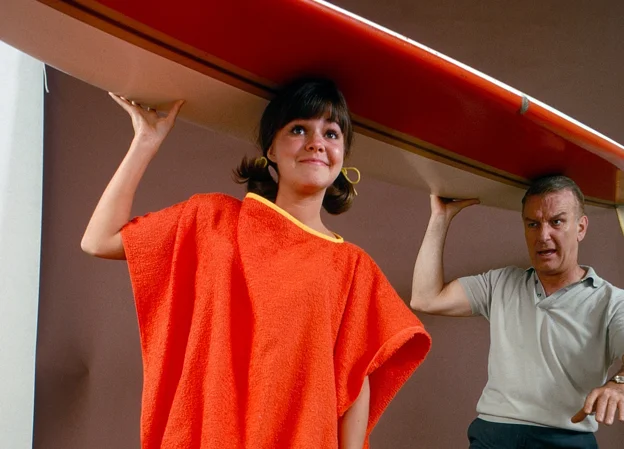
Before Sally Field became an Oscar-winning actress, she was America’s teenage sweetheart in Gidget. The show followed a surf-loving California girl navigating high school and life, with Field bringing an infectious energy to the role. It captured the fun, carefree side of the mid-1960s.
Despite Field’s charm, the show lasted only one season from 1965 to 1966. Ironically, reruns during the summer became popular, proving the audience was there—it was just discovered too late. Field herself said that role helped launch her career, even though the show’s cancellation stung at the time. Fans still remember it as a bright spot that deserved more than a single season.
10. The Girl from U.N.C.L.E.
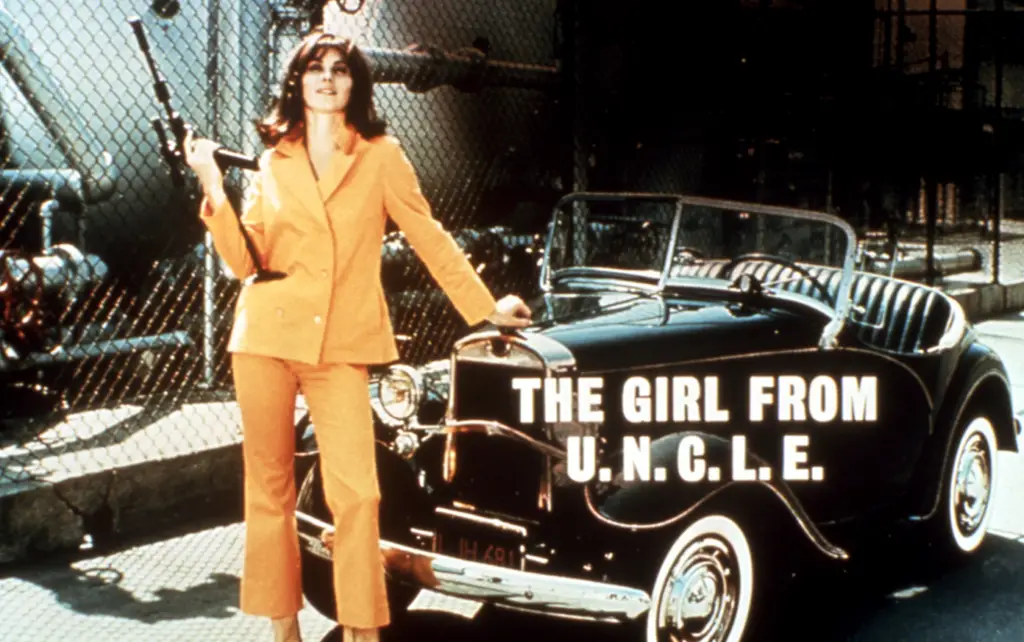
A spin-off of the hugely popular The Man from U.N.C.L.E., this 1966 series starred Stefanie Powers as secret agent April Dancer. It had the same espionage fun, colorful villains, and cool gadgets that made the original such a hit. Powers brought style and humor to the role, making her a refreshing female lead in a spy series.
But spin-offs are tough, and this one didn’t quite capture the magic. After just one season, it was canceled in 1967. Still, it left a mark as one of the first shows to feature a female spy at the center of the action. Powers went on to greater fame in Hart to Hart, but fans of classic TV still look back at April Dancer as a character gone too soon.
11. It’s About Time
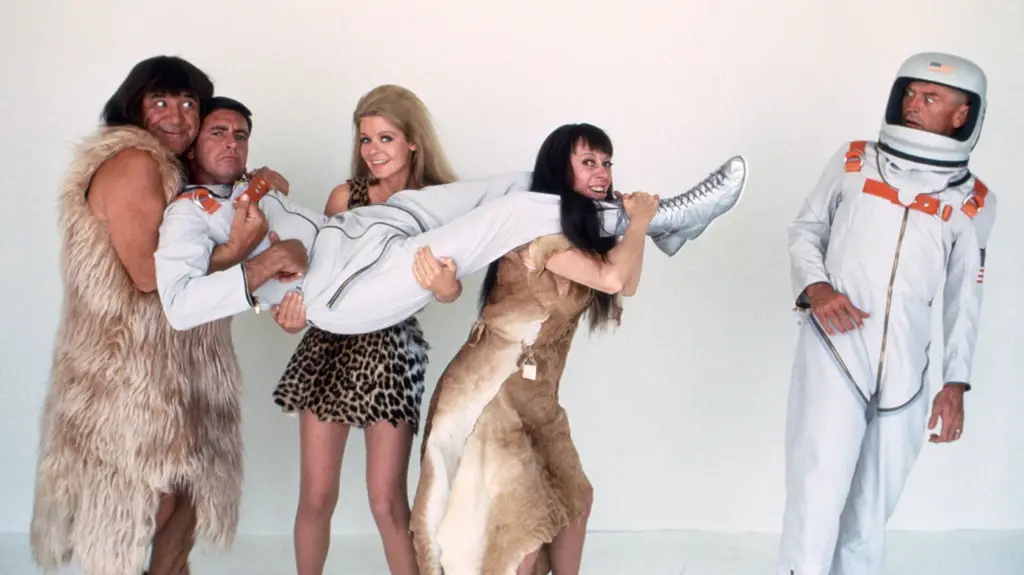
This 1966 sitcom had one of the quirkiest premises of the decade: two astronauts accidentally travel back to prehistoric times and befriend a family of cavemen. Starring Frank Aletter and Jack Mullaney, it played with the “fish out of water” theme in a way only the ’60s could pull off.
While the idea was fun, the execution wore thin, and the network tried flipping the premise halfway through by bringing the cavemen to modern times. The shift didn’t help, and the show was canceled in 1967 after one season. Fans of oddball comedies still talk about it as a show that could have been great with more consistent writing. Its goofy charm makes it fondly remembered, even if it didn’t last.
12. Coronet Blue
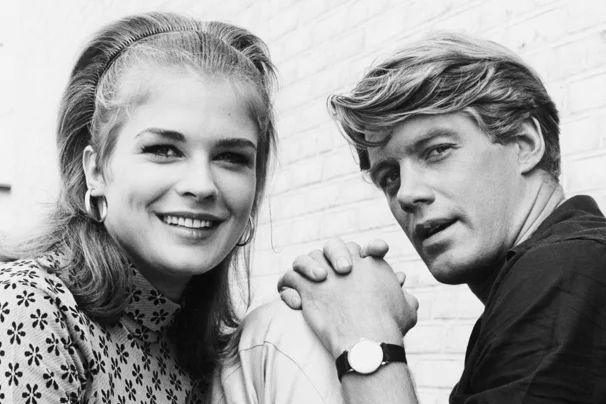
This CBS drama, which aired briefly in 1967, had one of the most intriguing mysteries of the decade. Frank Converse starred as a man with amnesia who only remembered the phrase “Coronet Blue.” Each episode followed his search for identity, blending suspense and drama with a mysterious edge.
Audiences were hooked by the idea, but network indecision and production problems meant it aired inconsistently. It was canceled after just 11 episodes, leaving the central mystery unresolved. That lack of closure frustrated fans but also cemented its cult status. It’s still remembered today as one of television’s great “what ifs.”
13. T.H.E. Cat
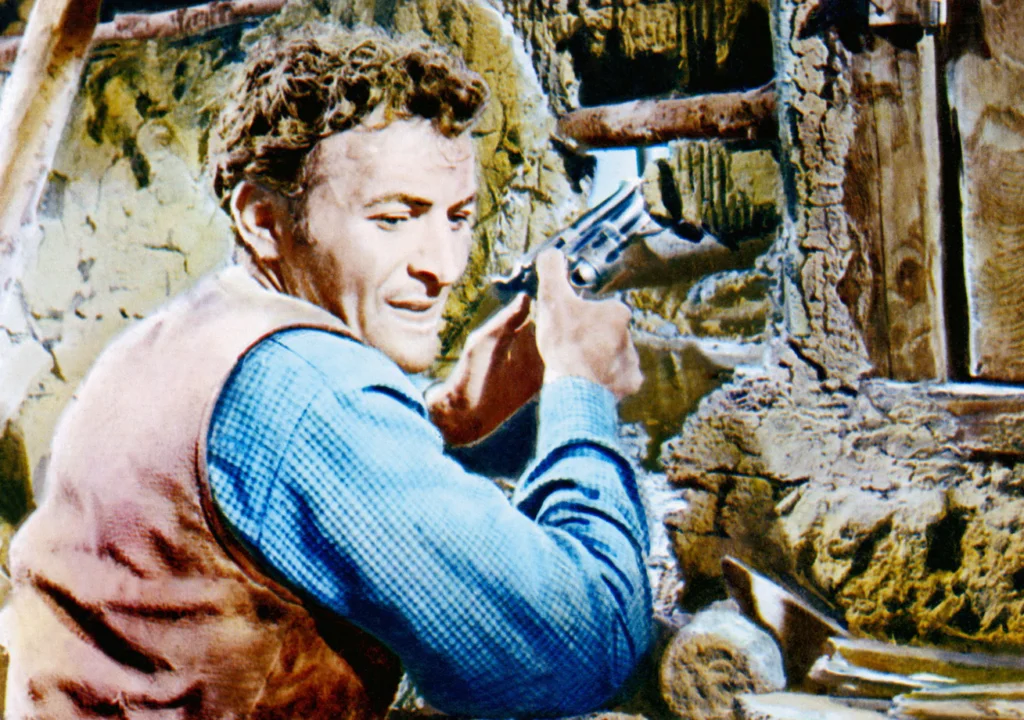
This 1966 action-adventure series starred Robert Loggia as Thomas Hewitt Edward Cat, a reformed cat burglar turned bodyguard. With his acrobatic skills and criminal past, he was the kind of antihero TV audiences rarely saw at the time. The show was stylish, moody, and packed with exciting fight scenes.
Critics praised its uniqueness, but it didn’t catch on with mainstream audiences. NBC canceled it in 1967 after just one season, which was a shame given how different it was from the typical TV fare. Robert Loggia’s cool charisma made the character unforgettable, and fans still regard T.H.E. Cat as a hidden gem. It remains one of those ’60s shows that ended far too soon.
14. The Farmer’s Daughter
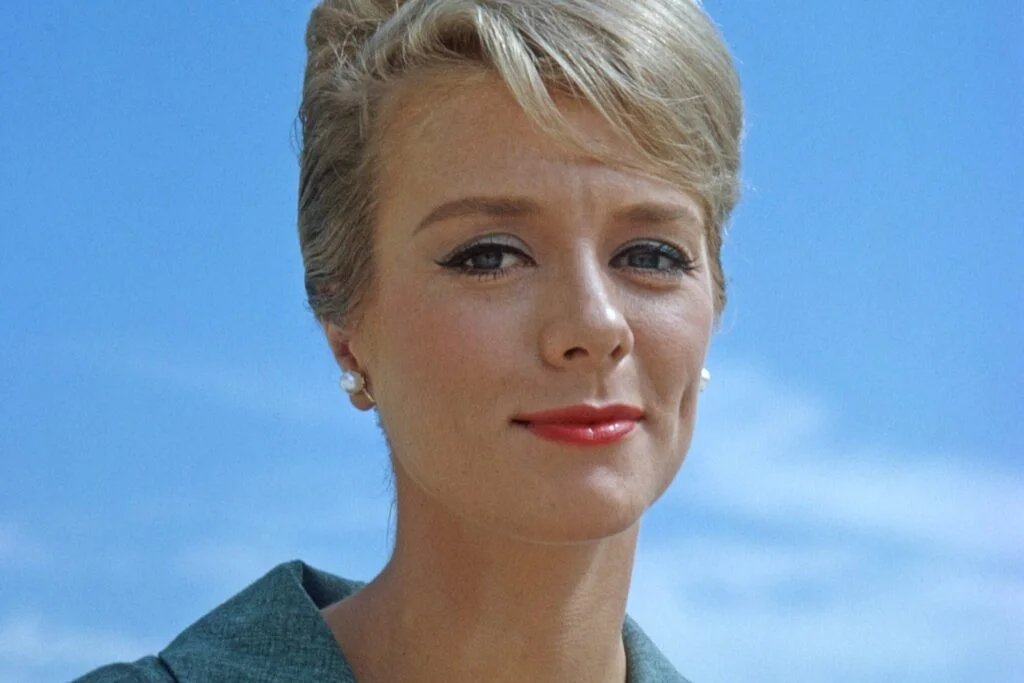
Premiering in 1963, this charming sitcom starred Inger Stevens as Katy Holstrum, a smart and kindhearted young woman who takes a job as a housekeeper for a widowed congressman, played by William Windom. Their dynamic was filled with warmth, humor, and subtle romantic tension, which made the show stand out among its peers. It had a sweetness that balanced politics and domestic life in a surprisingly graceful way.
Fans adored Stevens’ quiet strength and comedic timing, and the chemistry between her and Windom was undeniable. However, after three seasons, ABC abruptly canceled the show in 1966, leaving many viewers disappointed. It was rare to see a working woman portrayed with both competence and heart during that era, and Stevens gave the character real depth. Today, The Farmer’s Daughter feels like one of those quiet classics that never got the long run it deserved.
15. The Patty Duke Show
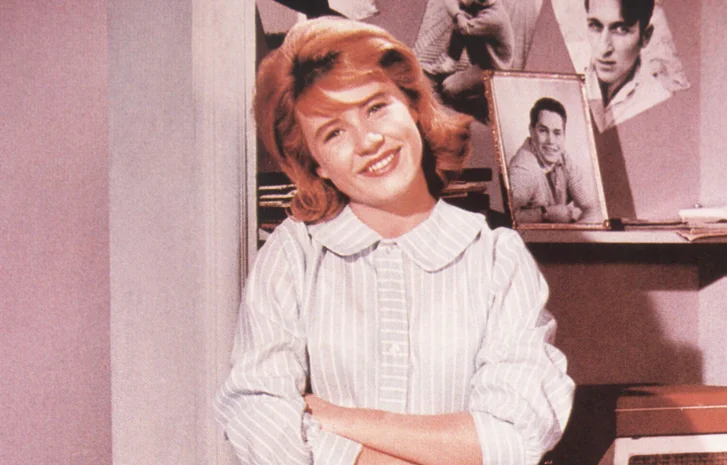
When The Patty Duke Show premiered in 1963, audiences were instantly hooked by its wild concept: Patty Duke playing identical cousins, one from Brooklyn and one from Scotland. The dual role gave Duke a chance to show off her incredible versatility and comic timing, and she carried the show effortlessly. The series was sweet, funny, and filled with heartwarming moments that resonated with families everywhere.
Even with its popularity, the show only lasted three seasons, ending in 1966. It was largely due to shifting network priorities rather than a lack of interest from viewers. Duke’s charm was timeless, and reruns kept her double act alive for years afterward. It’s one of those shows that truly felt like it had more to give when it wrapped up.
16. The Time Tunnel
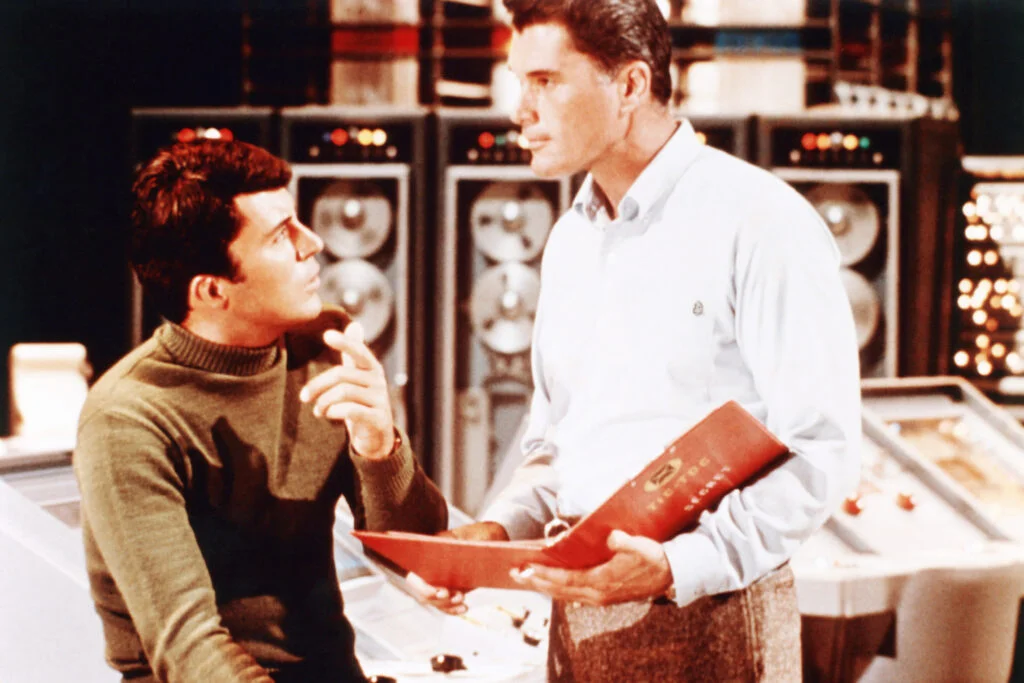
This 1966 sci-fi adventure from Irwin Allen sent two scientists hurtling through time after an experiment gone wrong. Each episode dropped them into a new historical event, from the Titanic to ancient Rome, blending drama with real history in a way that fascinated young audiences. The sets were grand, and the special effects—by ’60s standards—were impressive.
Despite its creativity, the show was canceled after just one season due to high production costs. Fans were left hanging, as the final episode didn’t resolve the scientists’ fate. Over time, The Time Tunnel became a cult favorite, with its influence showing up in later time-travel series. It’s a perfect example of a show that was too ambitious for the technology and budgets of its day.
17. The Adventures of Briscoe Darling Jr.
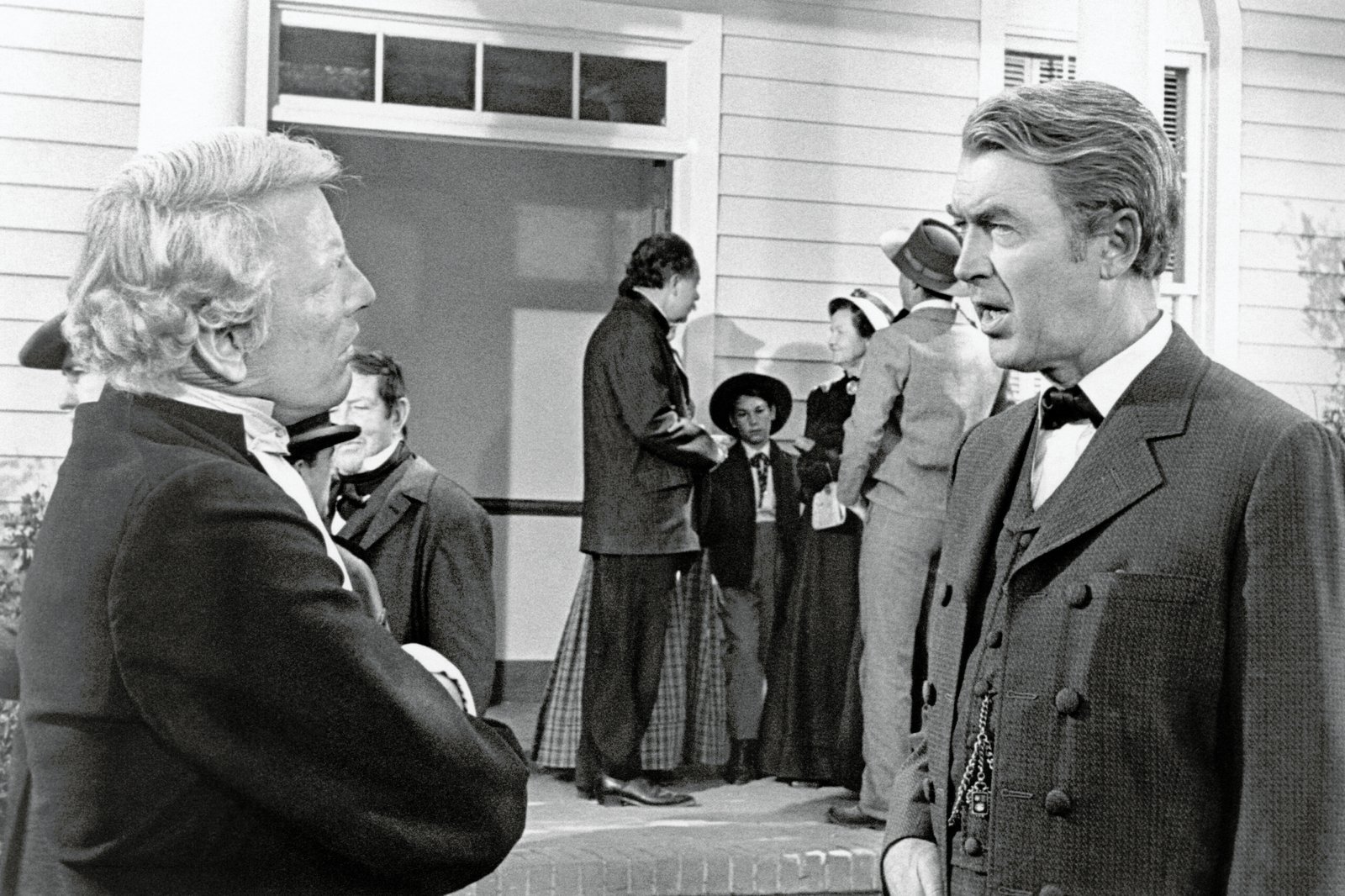
A 1967 spin-off idea from The Andy Griffith Show, this short-lived comedy starred Denver Pyle reprising his role as Briscoe Darling, the gruff but lovable mountain man. It was meant to expand on one of Mayberry’s most memorable recurring characters, exploring his life beyond the town. The humor had that same homespun charm that made Griffith a classic.
Unfortunately, it never made it past its pilot phase. Audiences just didn’t warm to the idea without Andy Taylor and the rest of Mayberry to balance the story. Still, Pyle’s performance was as magnetic as ever, and fans who’ve seen the pilot often wonder what could’ve been. It’s a fascinating “almost” in TV history that few people even know existed.
18. Run for Your Life
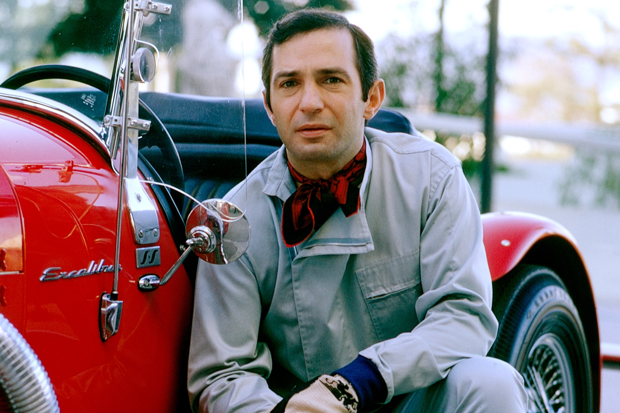
Premiering in 1965, Run for Your Life followed Ben Gazzara as lawyer Paul Bryan, who learns he has only a couple of years to live. Instead of giving up, he decides to travel the world and experience life to the fullest. It was part drama, part adventure, and often deeply emotional, exploring themes rarely touched on in the mid-’60s.
The show ran for two seasons before NBC canceled it in 1968, even though it had built a loyal following. Gazzara’s nuanced performance and the show’s existential undertones made it stand out from the pack. It wasn’t about laughs or thrills—it was about appreciating life before it’s too late. That quiet poignancy still resonates today, making Run for Your Life a show that ended before its time.


